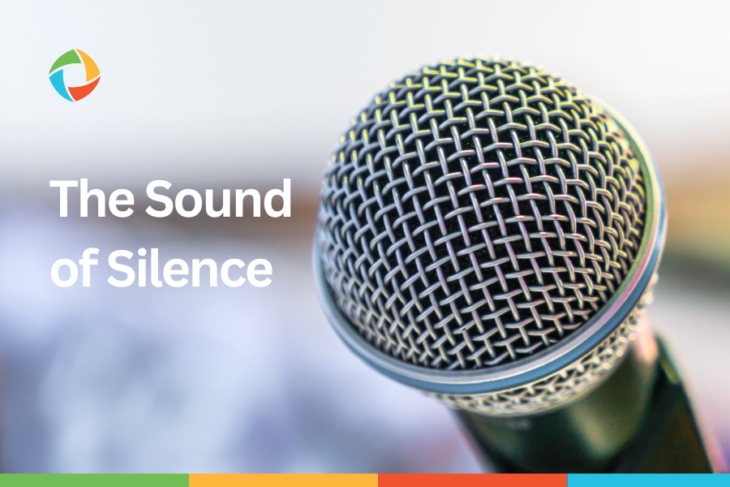The Sound of Silence: Why Accessible Communication is a Human Right
Communication is a fundamental aspect of human life, and everyone should have the right to access and participate in it. For people with disabilities, however, this is not always the case. Accessible communication is a human right that is enshrined in the United Nations Convention on the Rights of Persons with Disabilities (UNCRPD) and other international human rights instruments.1 It is also recognized by many countries’ national laws and policies. In this blog post, we’ll explore why accessible communication is so important, and a Human Right.
Breaking Down Barriers to Inclusion
When communication is inaccessible to people with disabilities, it creates a barrier to their full participation in society. This can lead to social isolation, exclusion, and discrimination. By contrast, accessible communication helps to break down these barriers and promote inclusion. Closed captioning services can provide access to important information, such as news broadcasts, educational videos, and online content, to people who are deaf or hard of hearing. This ensures that they are not left behind and can participate fully in society.2
Accessible Communication Enhances Safety
In emergency situations, accessible communication can be a matter of life and death. For people with disabilities, being able to receive timely and accurate information during an emergency is crucial. For example, during a natural disaster, people who are deaf or hard of hearing may not be able to hear the warning sirens. Closed captioning services can provide important emergency alerts and instructions, ensuring that everyone can stay safe. CaptionLabs offers a range of closed captioning services that can help ensure that emergency information is accessible to all.
Ensuring Equal Participation in Public Life
Accessible communication is also about empowering people with disabilities to advocate for themselves and make their voices heard. When people with disabilities can access the same information as everyone else, it equips them to make informed decisions and participate actively in public life. Closed captioning services can provide access to political debates, public meetings, and other events, allowing people with disabilities to engage fully with the democratic process.
Accessible communication is a human right that is essential for promoting inclusion, enhancing safety, empowering people with disabilities, and ensuring that everyone can participate fully in society. Closed captioning services, like those offered by CaptionLabs, are just one way to make this a reality, but there are many other tools and resources available. By working together, we can help to create a world where everyone has equal access to communication, and where the sound of silence is no longer a barrier to participation. Contact CaptionLabs today for a quote and learn how we can help make your communication accessible to all.
References
1 – United Nations. (2006). Convention on the Rights of Persons with Disabilities.
2 – World Health Organization. (2020). Disability and Health.

Jake Drown
Jake is our Vice President and oversees our day-to-day operations. Jake thrives on solving our customer’s problems - if you’re stuck at a roadblock, he’s the one you need to call. As a jack-of-all-trades, you never know what you will find Jake doing on the weekends! He and his family are seasoned travelers and can be found anywhere from a mountain top, a forest, a beach, or even a corn field!


